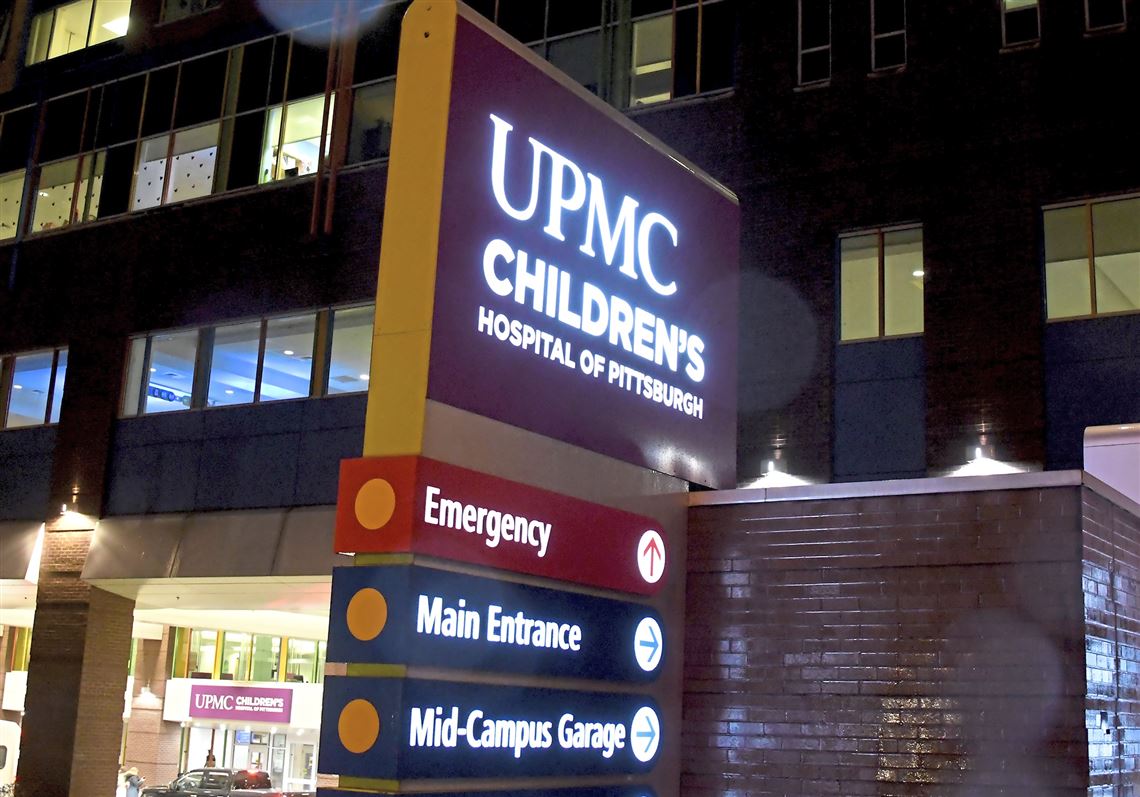Six babies and six employees at UPMC Children’s Hospital of Pittsburgh are being treated Monday for the antibiotic-resistant staph infection known as MRSA, according to a UPMC statement.
The young patients are in the neonatal intensive care unit. All NICU patients have been tested, and one patient may have symptoms of the illness, UPMC reported.
Staff with potential symptoms came forward; six are confirmed to have MRSA (Methicillin-resistant Staphylococcus aureus). Some test results are not final and UPMC said it will provide updates as more information is available.
UPMC reported that it is following protocol and guidelines set by the U.S. Centers for Disease Control and Prevention. According to the CDC, MRSA in healthcare settings is typically spread by direct contact with an infected wound or from contaminated hands. UPMC said isolation protocols and infection control procedures are in place.
UPMC said it has notified the Allegheny County Health Department and Pennsylvania Department of Health of the MRSA cases.
"We immediately notified the Allegheny County Health Department and Pennsylvania Department of Health and are collaborating to ensure the safest possible environment for patient care," the hospital said.
The CDC site says that studies show that about one in three people carry the Staphylococcus aureus bacteria in their nose, and most do not get sick. About two in every 100 people carry MRSA, according to the CDC, and most do not develop serious MRSA infections.
But in hospitals and nursing homes, the CDC says MRSA cases can be serious, including bloodstream infections, pneumonia, surgical site infections, sepsis and death.
In health care settings, MRSA is usually spread by contact with an infected wound, by someone who is infected or someone with contaminated hands, according to the CDC. Patients can also become infected with MRSA when they touch contaminated bed linens, bed rails, medical equipment or other contaminated surfaces.
Unlike healthy people, hospital patients are more susceptible to MRSA due to their existing illness, having unhealed wounds or invasive medical devices (such as catheters). Certain procedures like surgery or dialysis can also increase a person's risk of developing a MRSA infection. That said, healthy people who have not visited a hospital or a nursing home can also become infected with MRSA, the CDC said.
CNN wire contributed.
First Published: July 1, 2019, 10:16 p.m.


















